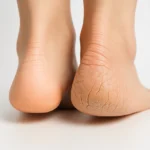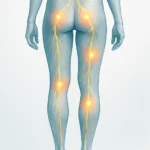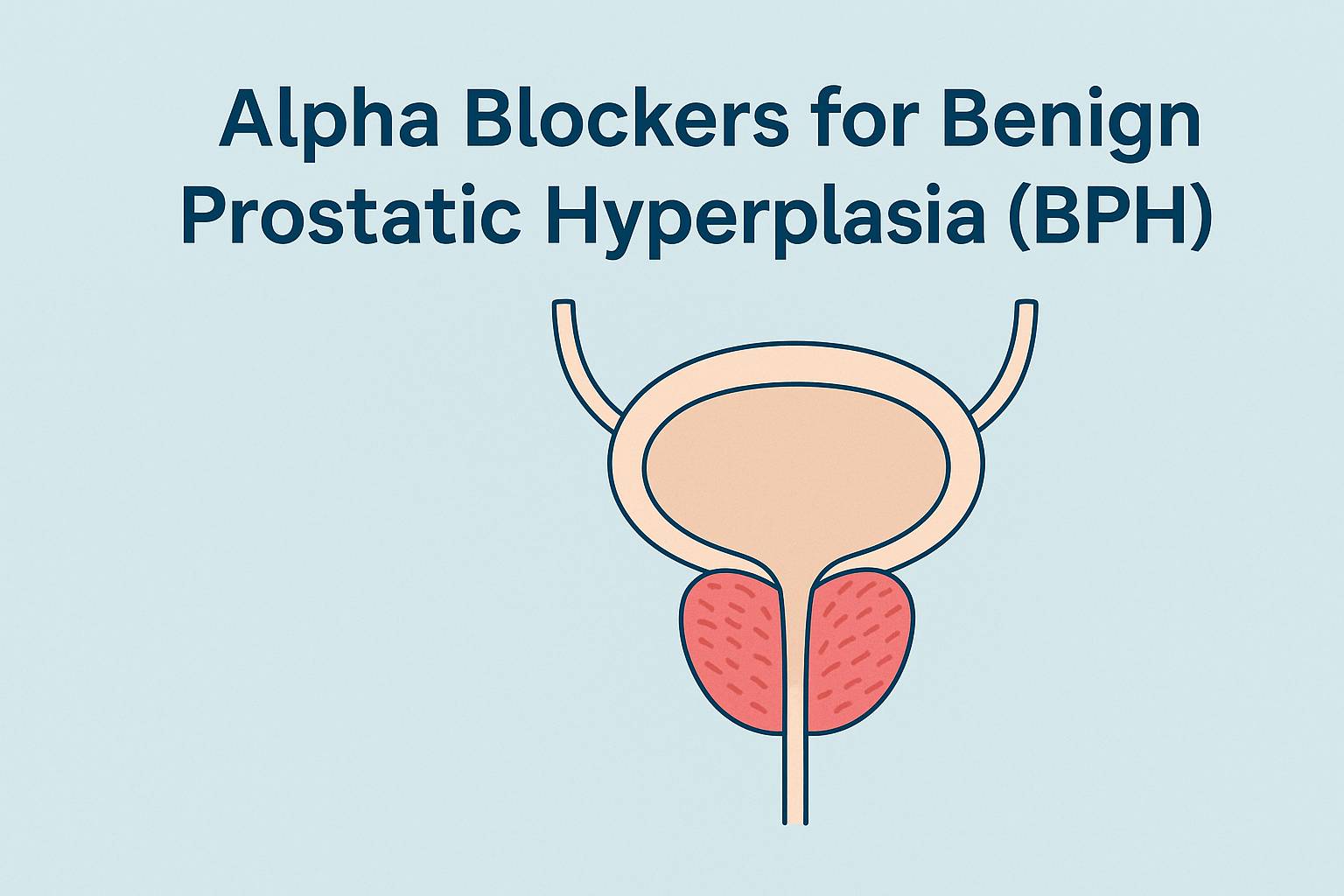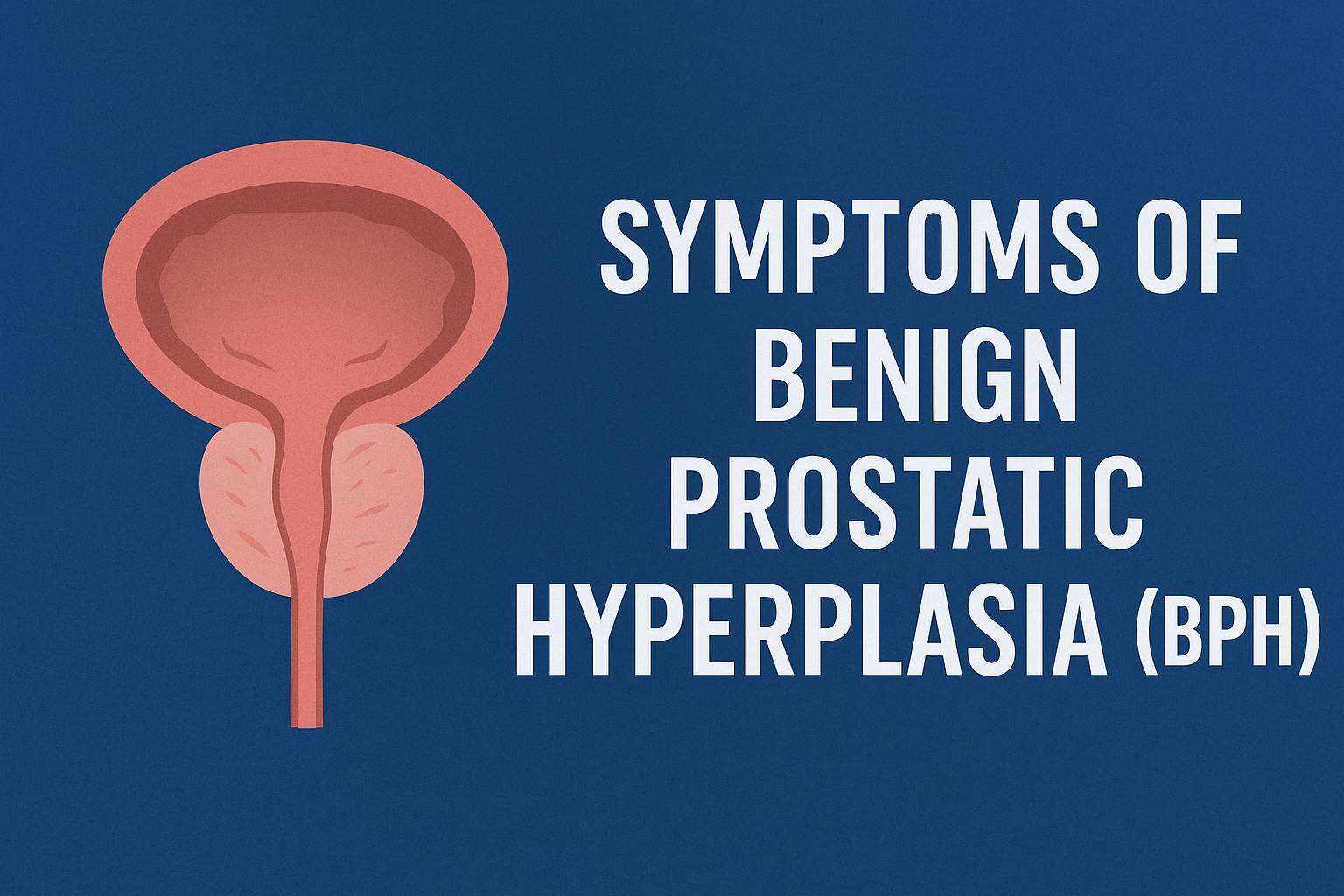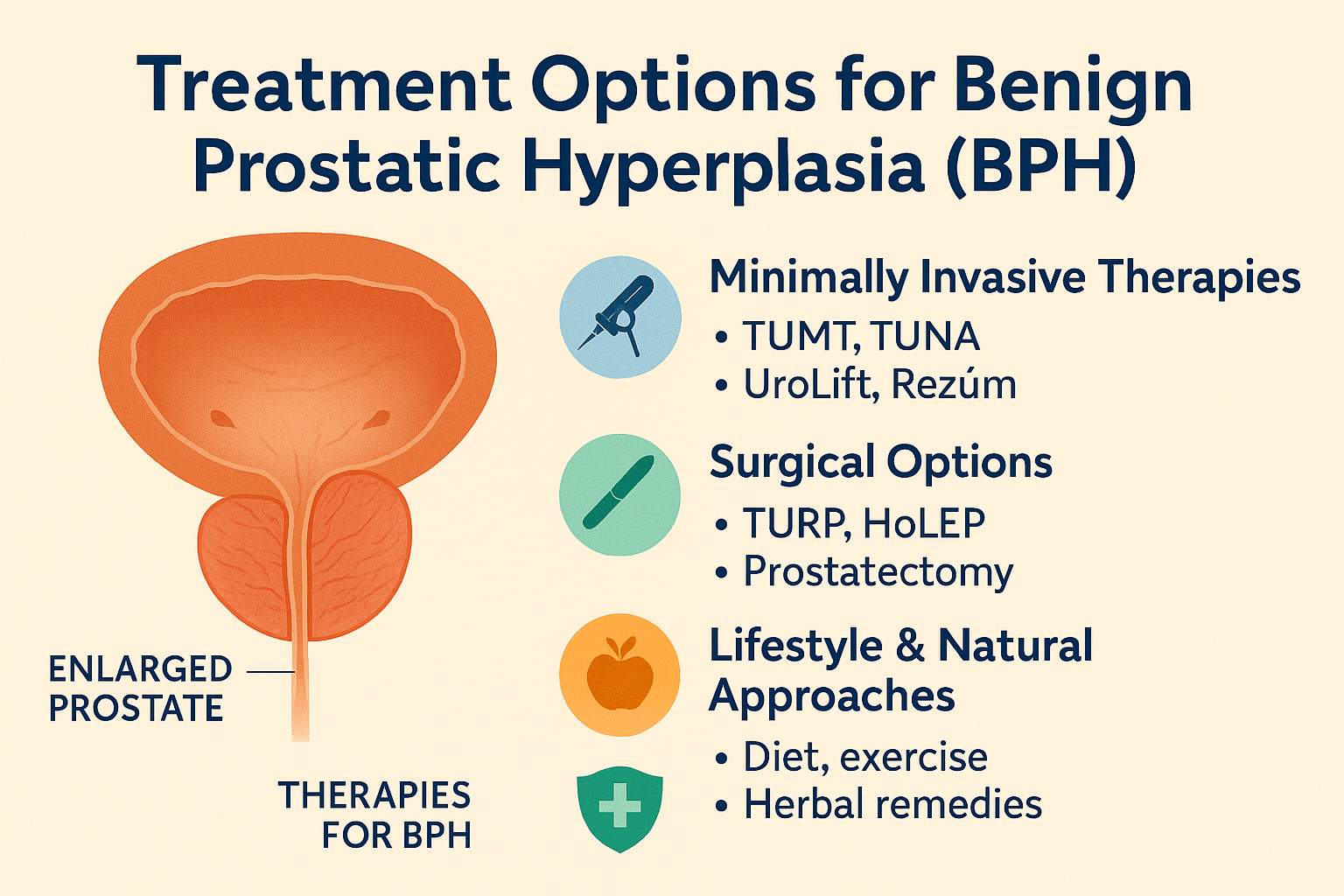
Why Your Hands Go Numb at Night: Causes, Relief, and Prevention
Understanding Numb Hands at Night
Many people wake up at night to find their hands tingling or numb, a sensation that can range from mildly irritating to concerning. This symptom often results from temporary pressure on the nerves or blood vessels in the wrist or arm during sleep. In some cases, it can signal an underlying issue such as carpal tunnel syndrome, diabetes, or thyroid disease. Because nighttime numbness can interfere with rest and daily comfort, understanding its causes and patterns helps identify when it’s a simple posture problem and when it may need medical evaluation. This article explains the common reasons hands go numb at night, how doctors diagnose nerve-related causes, and what treatments and preventive steps can restore normal sensation.
What Nighttime Hand Numbness Feels Like
Nighttime hand numbness is a common experience that can feel like tingling, pins and needles, or a temporary loss of sensation in one or both hands. Many people notice these sensations during sleep when wrist or hand position limits normal nerve and blood flow. The feeling can cause discomfort or even wake someone from sleep, but in most cases, it reflects temporary nerve compression rather than a serious condition.
During rest, certain sleep positions can place extra pressure on the nerves that run through the wrist and arm. When these nerves are compressed or irritated, they may stop sending signals properly, leading to a sensation of numbness or tingling. Common contributing factors include:
- Sleeping with wrists bent or hands tucked under the head
- Repetitive wrist movement during the day, such as typing or gripping tools
- Pressure on the arm or wrist that restricts nerve flow
In some people, these sensations are limited to specific fingers or parts of the hand. Numbness affecting the thumb, index, and middle fingers often indicates irritation of the median nerve passing through the carpal tunnel. This pattern is typical of carpal tunnel syndrome, one of the most frequent causes of numb hands at night.
While occasional tingling that resolves quickly may be posture-related, persistent or worsening symptoms can signal ongoing nerve irritation. Recognizing the pattern and frequency of numbness helps determine whether medical evaluation is needed.
Tip: Note which fingers are affected and whether symptoms improve when shaking or repositioning the hand. These clues can guide early relief and medical insight.
Common Causes of Numb Hands During Sleep
Numbness in the hands during sleep often develops when the nerves that carry signals from the arm to the hand are compressed or irritated. These nerves are sensitive to pressure, especially where they pass through narrow spaces surrounded by bone and tissue. When this pressure increases, nerve signals are disrupted, leading to tingling, numbness, or temporary loss of sensation noticed mainly at night.
Common causes of nighttime hand numbness include:
- Carpal tunnel syndrome: Pressure on the median nerve inside the wrist tunnel causes numbness or tingling, especially in the thumb, index, and middle fingers. Symptoms often worsen at night when wrists are bent.
- Sleep posture: Resting with hands under the body or head, or bending wrists sharply, can block nerve signals. This usually improves after changing position.
- Systemic conditions: Diabetes and thyroid disorders can damage or slow nerve function, leading to persistent numbness even outside of sleep.
- Fluid retention and hormonal changes: Swelling in the wrist or hand can increase nerve pressure, particularly during pregnancy or hormonal shifts.
Regardless of cause, numb hands at night indicate nerve strain. Reducing pressure—through wrist support, posture adjustments, or medical evaluation—can restore sensation and prevent ongoing discomfort.
How Doctors Diagnose Numb Hands at Night
When hand numbness occurs regularly at night, a thorough medical evaluation helps identify whether it’s due to nerve compression, a systemic condition, or another underlying issue. The diagnostic process begins with a detailed medical history and discussion of symptoms. Doctors often ask when numbness occurs, which fingers are affected, and what activities or positions make it worse. This information helps determine whether the problem is localized to a specific nerve or part of a broader nerve disorder.
Key steps in diagnosis include:
- Medical history: Reviewing symptom patterns, daily activities, and health conditions that could affect nerve function.
- Physical examination: Checking muscle strength, reflexes, and touch sensation. The clinician may tap over the wrist or elbow to reproduce tingling, helping locate nerve compression points.
- Nerve conduction studies and EMG: Measuring how quickly electrical signals travel through nerves and muscles to distinguish localized entrapment, such as carpal tunnel syndrome, from systemic neuropathy.
- Laboratory and imaging tests: Screening for conditions like diabetes, thyroid disorders, or vitamin deficiencies that can impair nerve health.
Understanding whether numbness is caused by a localized nerve issue or a systemic condition is essential for effective treatment. Accurate diagnosis ensures care targets the root cause and prevents long-term nerve damage or chronic discomfort.
Treatment Options and Self-Care for Numb Hands at Night
Treatment for numb hands at night focuses on relieving pressure on the nerves and improving comfort during sleep. The best approach depends on the cause and severity of symptoms. In many cases, small adjustments in daily habits or sleeping posture provide significant relief, while more persistent cases may require medical evaluation and targeted therapy.
Key Treatment and Self-Care Strategies
- Wrist splints: Keep the wrist in a neutral position during sleep to prevent bending and reduce pressure on the median nerve. Splints are especially helpful for carpal tunnel syndrome or repetitive hand activity.
- Posture correction: Avoid sleeping with arms bent or tucked under the head. Keep wrists straight and arms relaxed by your sides. During the day, maintain ergonomic alignment and avoid prolonged wrist flexion.
- Lifestyle adjustments: Incorporate stretching breaks during repetitive tasks and use supportive work setups to minimize nerve strain and prevent recurrence.
- Medical evaluation: If numbness worsens or persists, consult a doctor. Nerve studies can reveal whether further treatment, such as physical therapy or medication, is needed.
For most people, combining these strategies relieves nighttime numbness, restores comfort, and protects long-term nerve health.
Prevention and When to Seek Medical Help
Preventing numb hands at night starts with simple changes that reduce nerve strain and promote healthy circulation. Many cases improve by minimizing pressure on the wrists and arms and maintaining good sleep posture and nerve health.
Key Prevention Strategies
- Maintain a neutral wrist position: Keep wrists straight during sleep to reduce pressure on nerves in the wrist and forearm.
- Avoid compressive postures: Don’t sleep with hands under the head or body. Rest arms comfortably beside the body using a supportive pillow if needed.
- Practice daily hand and wrist care: Take breaks from repetitive movements, use ergonomic positioning, and stretch hands and wrists before bed to ease tension.
- Manage underlying conditions: Keep diabetes and thyroid disorders under medical control to support nerve health and prevent chronic numbness.
When to Seek Medical Attention
Occasional tingling or numbness that resolves quickly is usually harmless. However, if symptoms persist, worsen, or interfere with daily activities, seek evaluation by a healthcare professional. Tests such as nerve studies may identify underlying causes and guide effective treatment. Early attention and consistent prevention habits help restore normal sensation and maintain healthy nerve function over time.
Frequently Asked Questions About Numb Hands at Night
Why do my hands keep going numb while I’m sleeping?
Numb hands at night are usually caused by temporary pressure on the nerves in the wrist or arm during sleep. This can happen if your wrists are bent, your hands are under your body, or if swelling or nerve irritation limits circulation.
When should I worry about numb hands at night?
Occasional numbness that resolves quickly is usually harmless. However, if symptoms occur every night, spread to both hands, or cause weakness or pain, it’s best to see a doctor for an evaluation.
Can carpal tunnel syndrome cause hand numbness while sleeping?
Yes. Carpal tunnel syndrome is one of the most common causes of numb hands at night. It happens when the median nerve is compressed in the wrist, often producing tingling in the thumb, index, and middle fingers.
What can I do at home to stop my hands from going numb at night?
Try keeping your wrists straight while sleeping, avoiding pressure on your hands, and using a wrist splint if recommended. Gentle stretching and adjusting your sleep posture can also help reduce nerve compression and improve circulation.
Can numb hands at night be linked to other health problems?
Yes. Conditions like diabetes, thyroid disorders, or vitamin deficiencies can affect nerve health and cause numbness. Managing these conditions under medical guidance helps protect nerves and reduce symptoms.
Is it normal to feel tingling or pins and needles when waking up?
Brief tingling upon waking can occur if a nerve or blood vessel was compressed during sleep. If the sensation disappears quickly, it’s likely due to posture, but persistent tingling should be checked by a healthcare provider.
Do lifestyle changes really help prevent numb hands at night?
Yes. Good sleep posture, ergonomic habits, and taking breaks from repetitive wrist movements can make a big difference. Keeping underlying health conditions under control also supports long-term nerve health.
